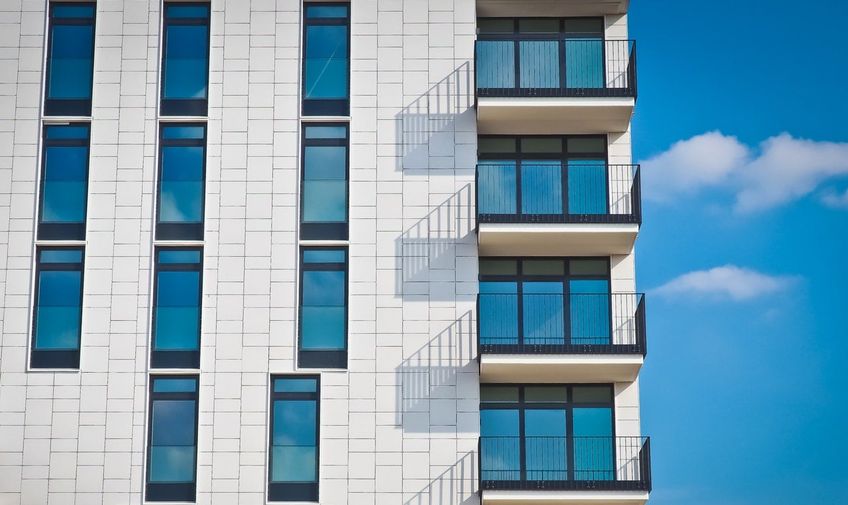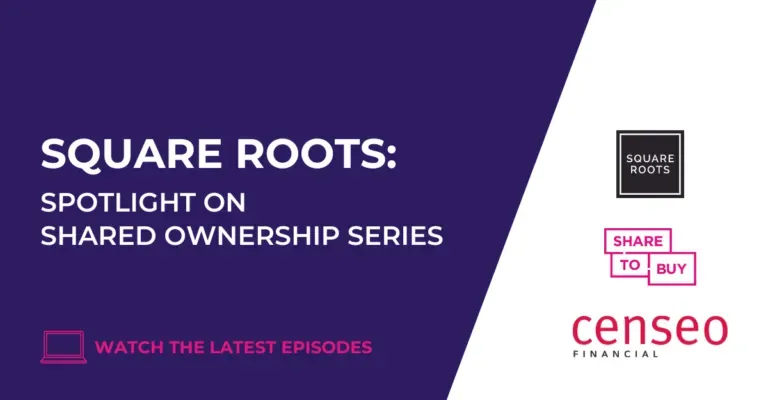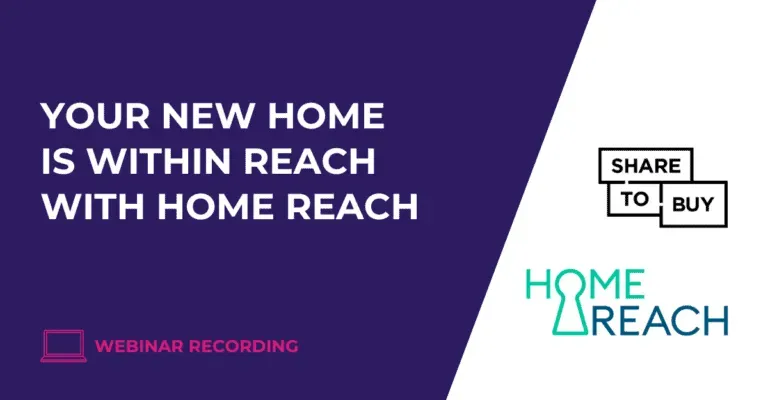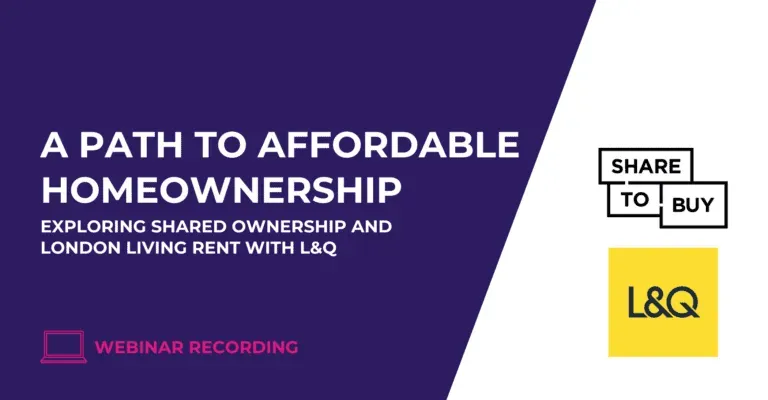Success Stories
Showing 5 of 12 results
webinar
23 min watch
Meet the London Home Show Autumn 2024 exhibitors
Discover what we have lined up for hopeful homebuyers at the London Home Show Autumn 2024, taking pl...
webinar
60 min watch
Labour’s victory: What is means for first time buyers
Learn about Labour's initiatives to help first time buyers and understand their housing manifesto. T...
webinar
Square Roots: Spotlight On Shared Ownership Series
Are you looking to get onto the property ladder with Shared Ownership? Want to know how the buying j...
webinar
Watch Share to Buy and Home Reach’s Webinar Recording
On Thursday 17th August 2023, Share to Buy’s Nick Lieb was joined by Melissa Toomey from Home Reac...
webinar
Watch Share to Buy and L&Q’s Home-Buying Webinar
On Thursday 4th May 2023, Share to Buy’s Jade Turnstill was joined by Andrea Palmer, Nicki Clark a...
Showing 5 of 12 results




